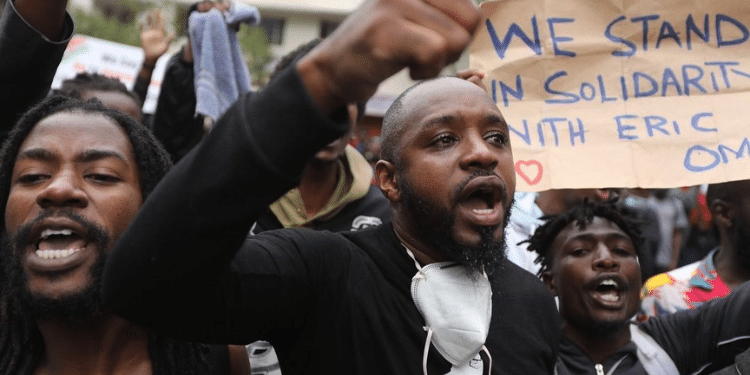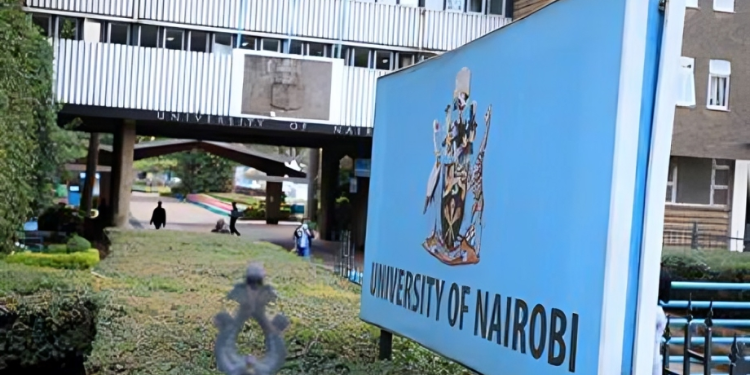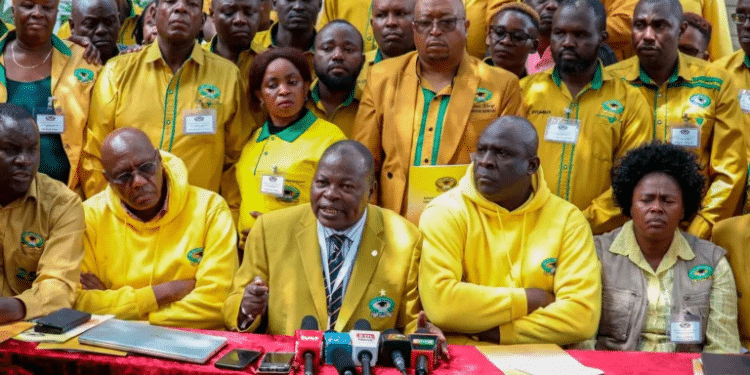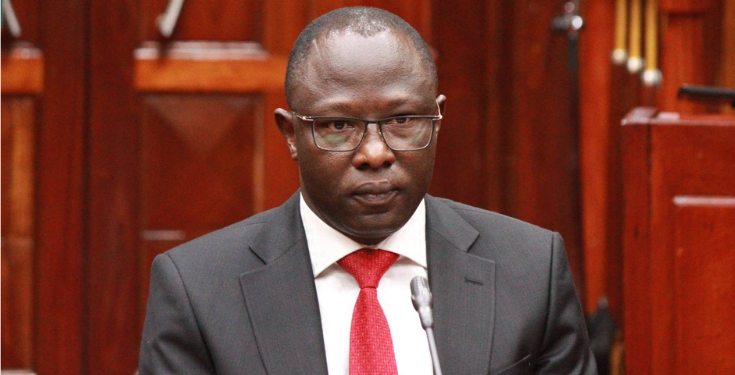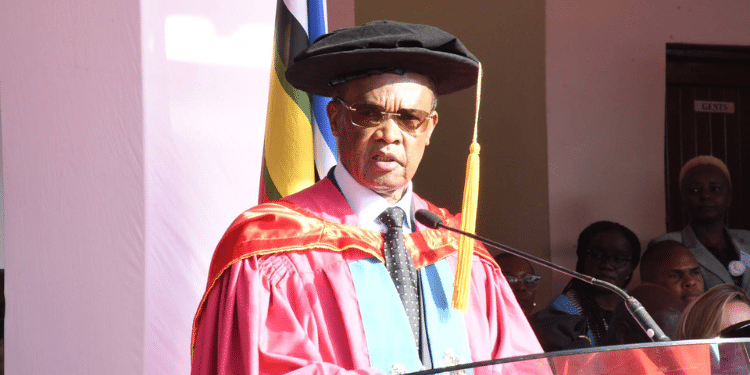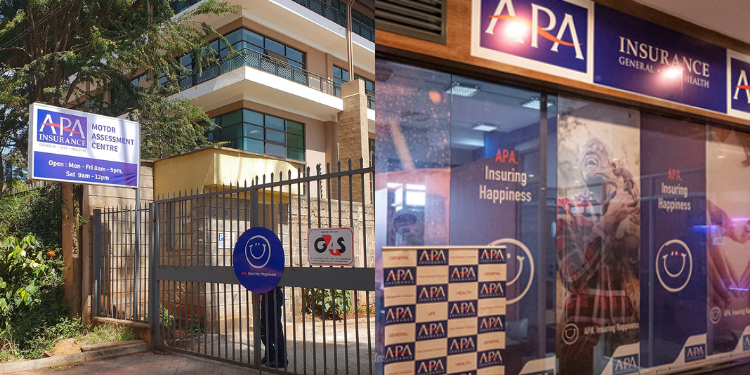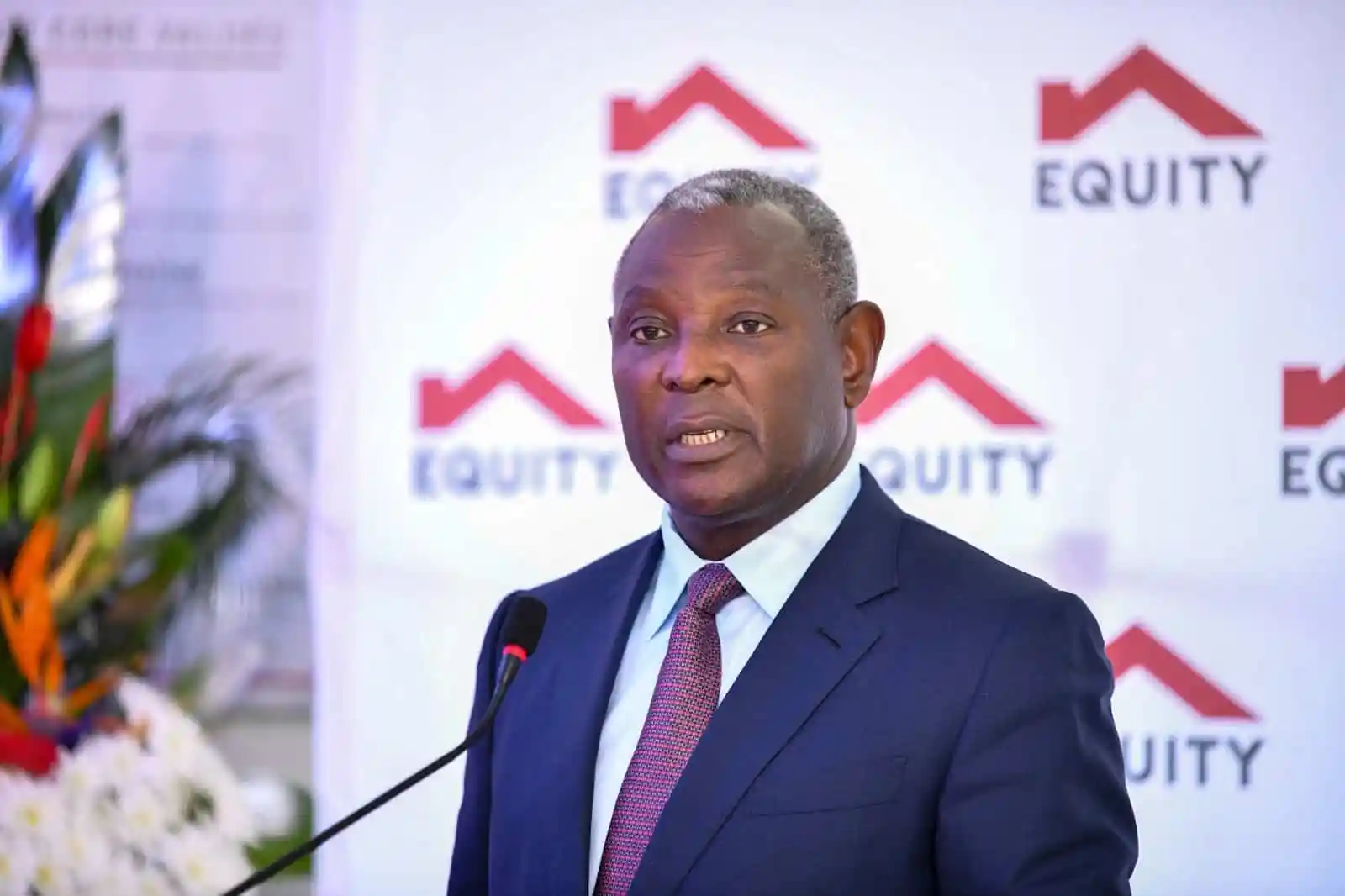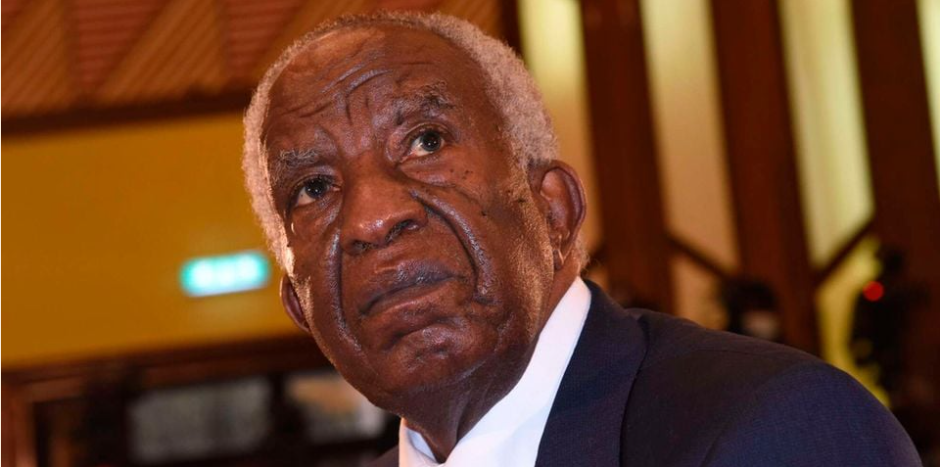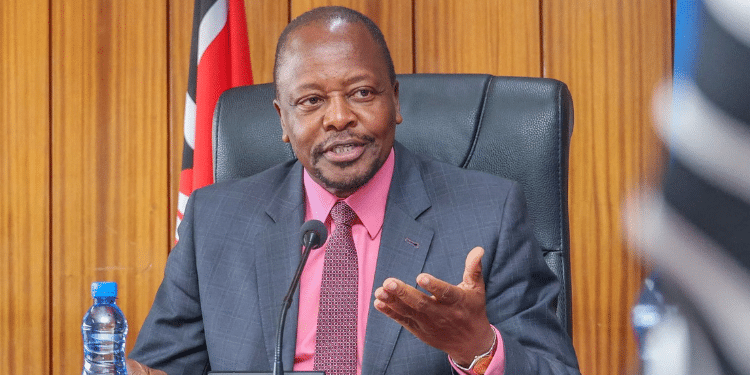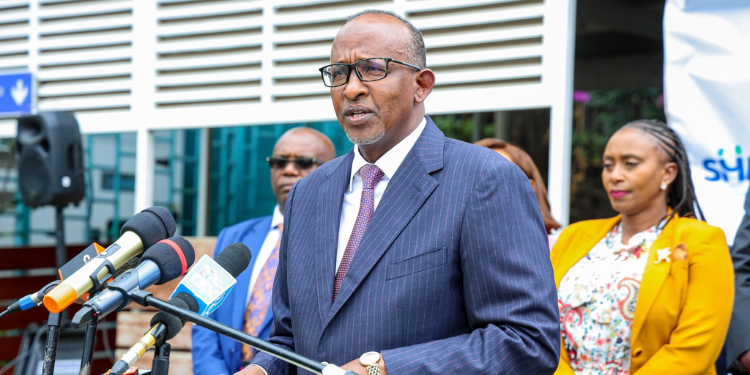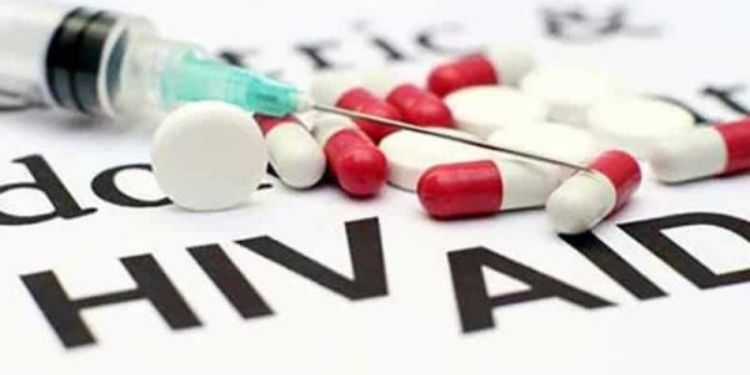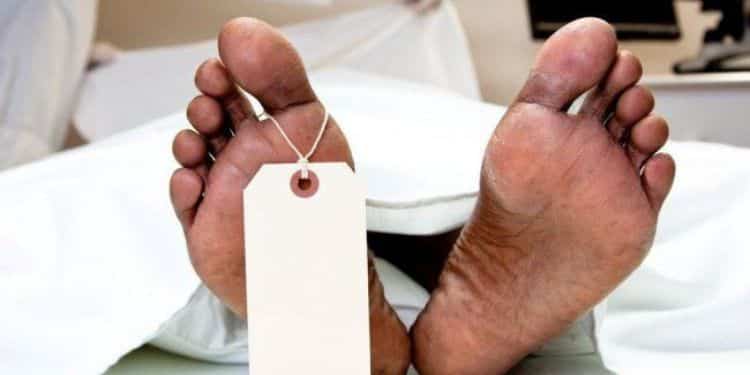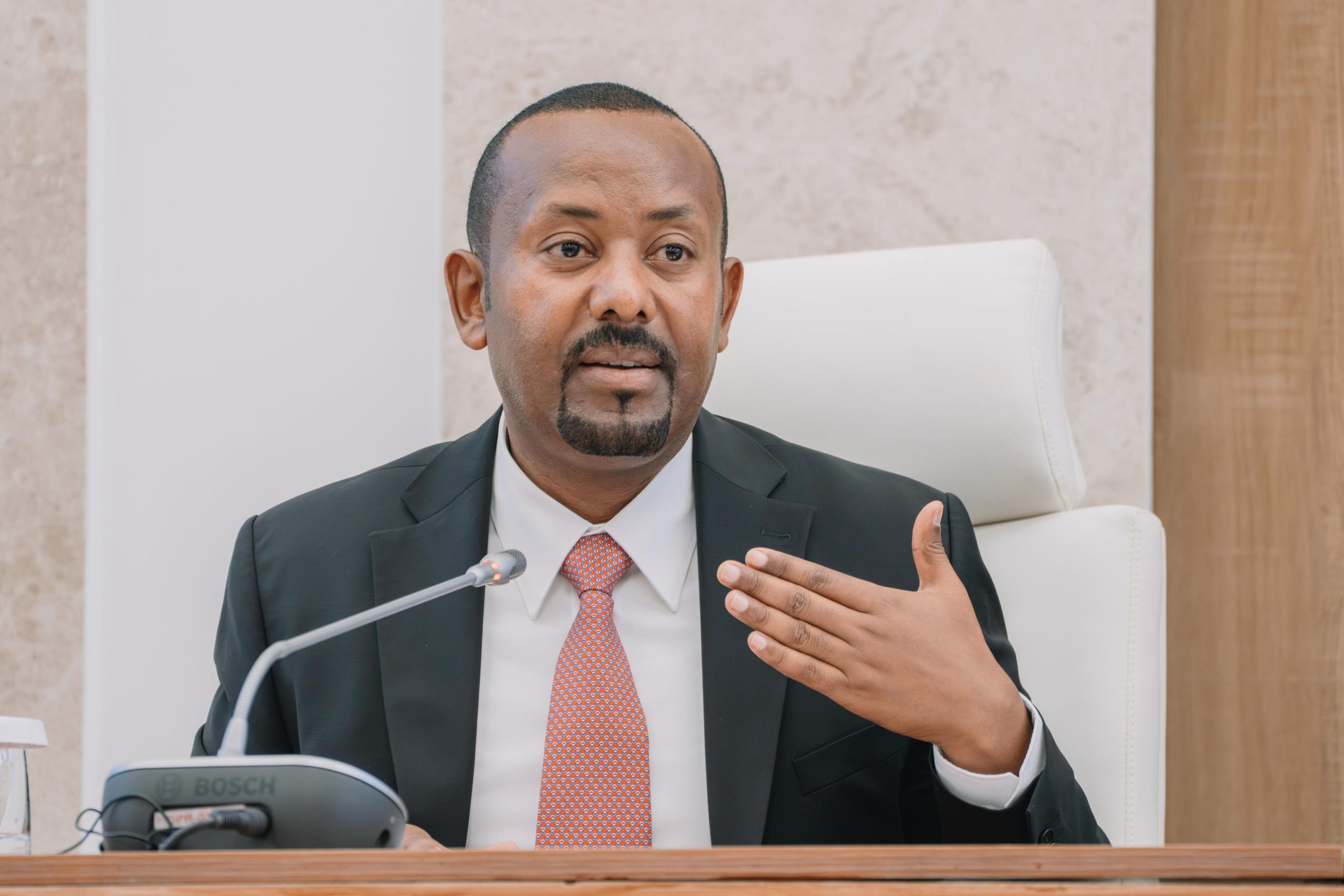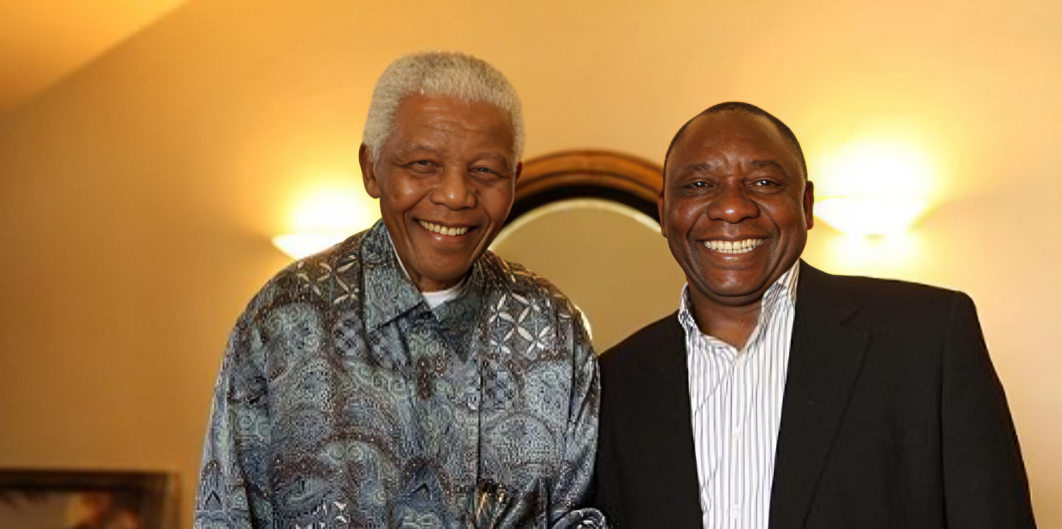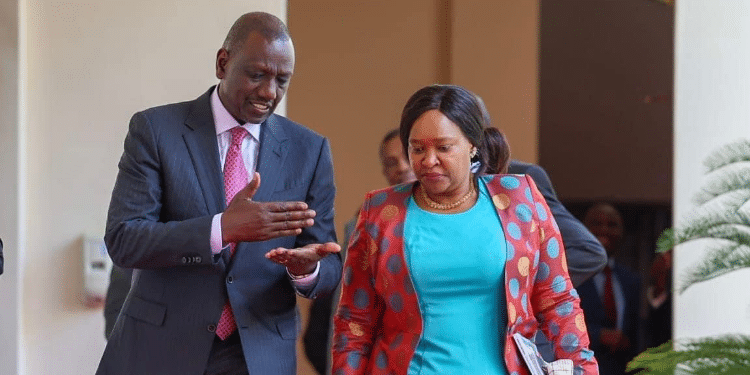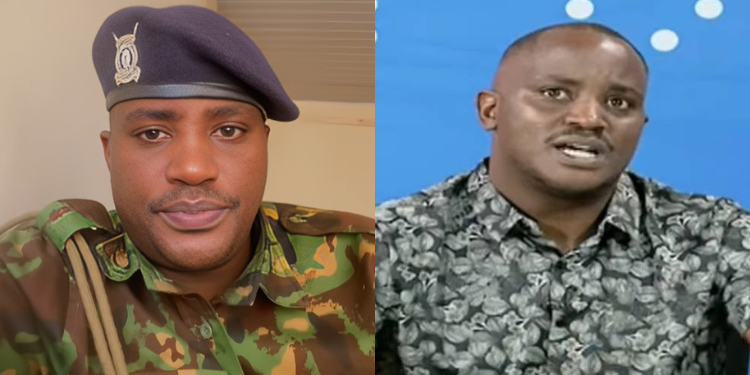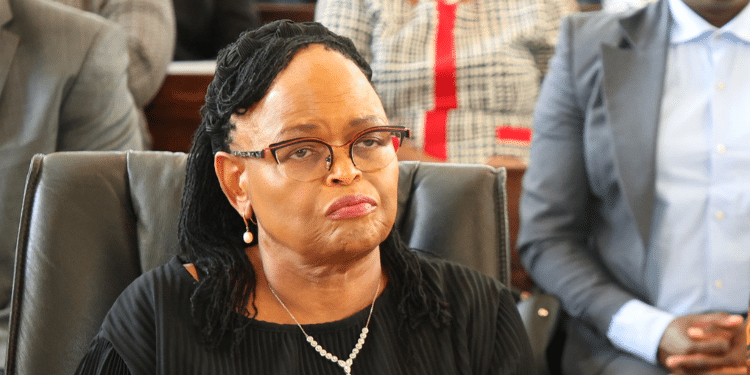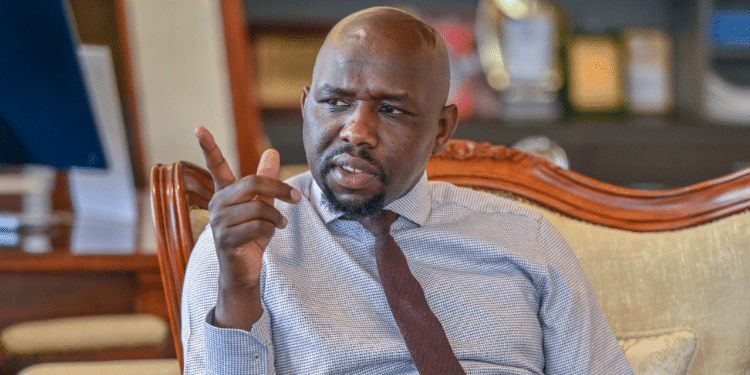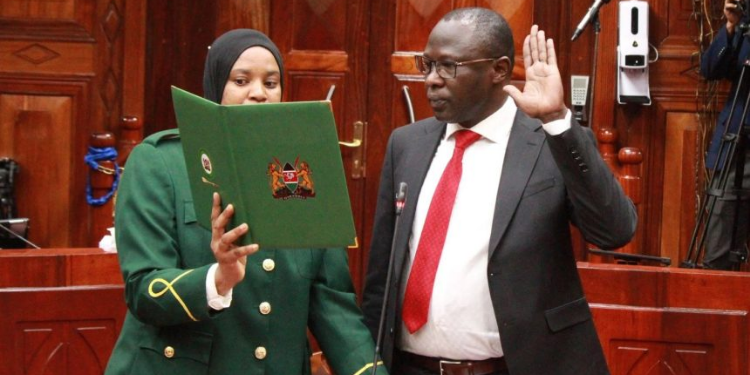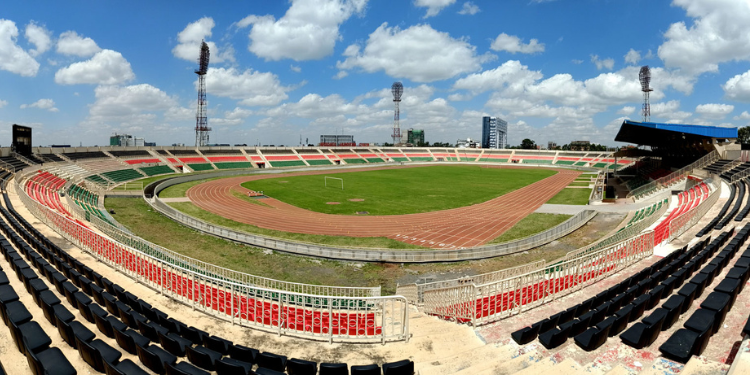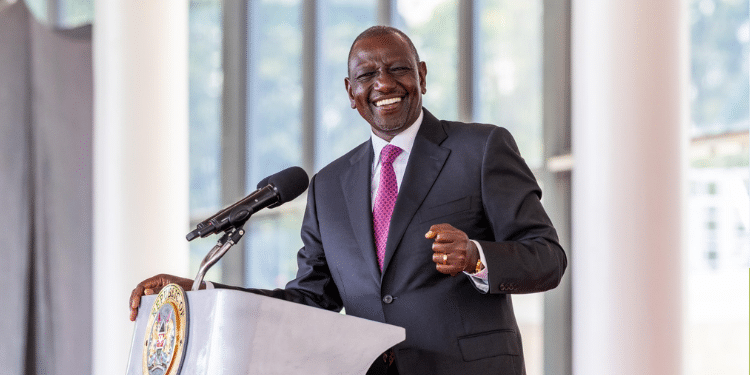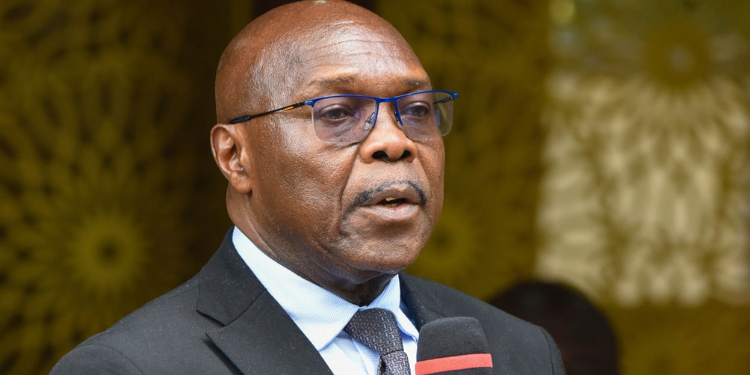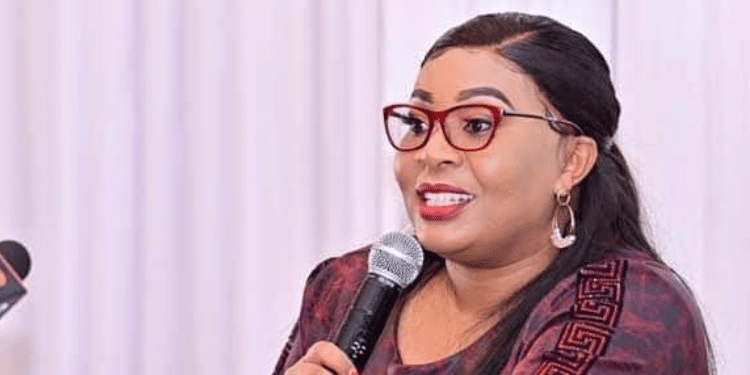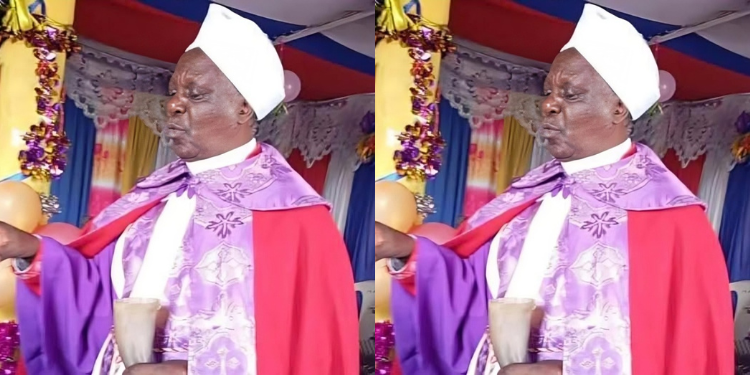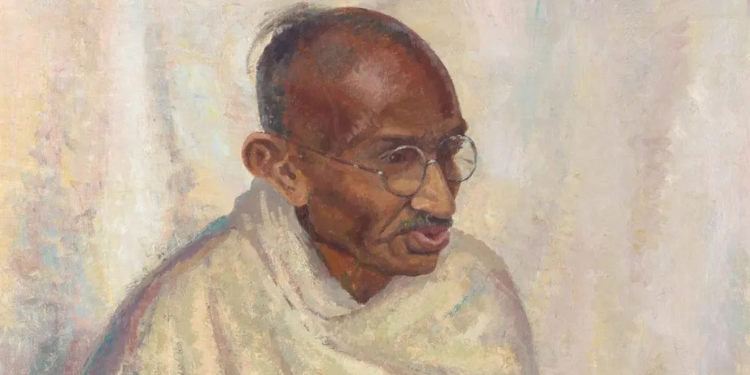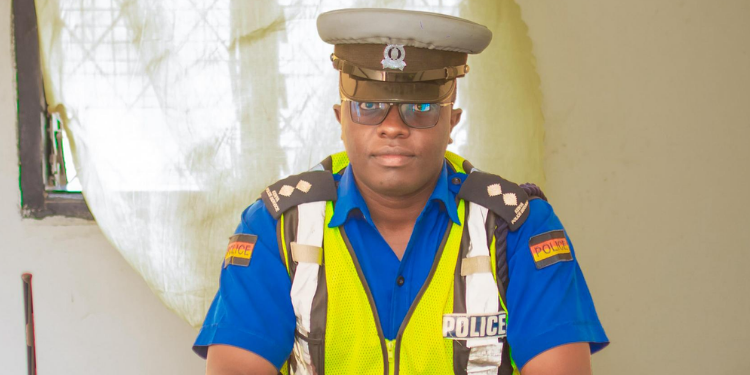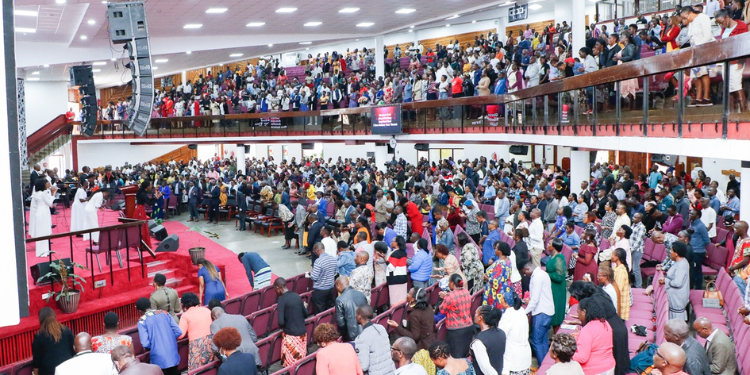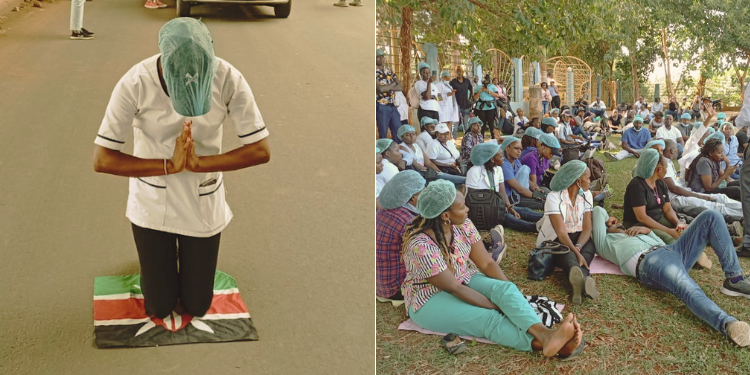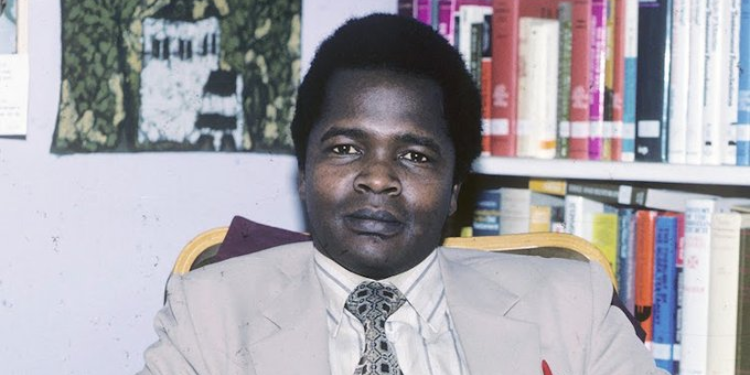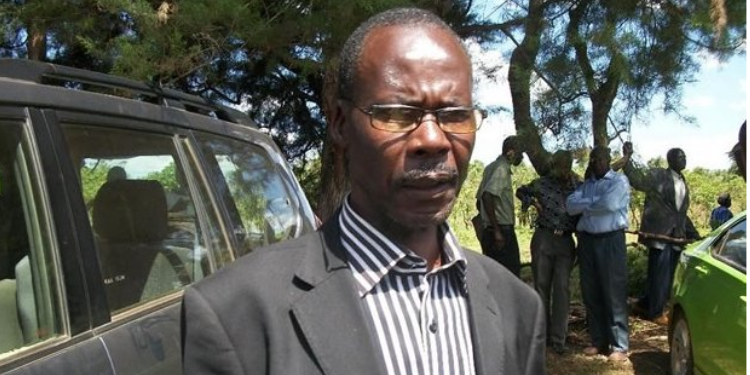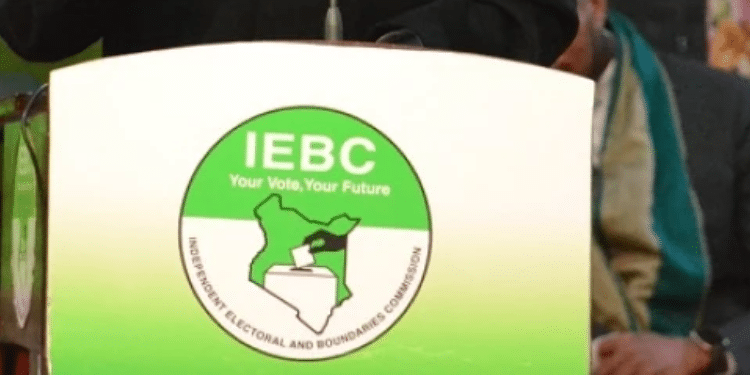Nearly five years after the COVID-19 pandemic forced Kenya’s health system to its knees, the cracks it left behind are now splitting open.
Once praised as frontline heroes, thousands of Universal Health Coverage (UHC) workers are now on the brink of despair, protesting poor terms, unfulfilled promises, and a government they say has left them behind.
“We helped this country breathe during COVID-19, and now it’s suffocating us,” said Alias Mtai, UHC National Organising Secretary. “We were promised permanent and pensionable terms. Five years later, we’re still on short-term contracts, earning a quarter of what our colleagues make.”
The workers, hired in 2020 under the Public Service Commission, filled critical staffing gaps from Level 2 to Level 6 hospitals. But promises of better pay and job security have faded.
Instead of transitioning to permanent terms in May 2023, many were offered new three-year contracts, a move Mtai called “illegal and discriminatory.”
Citing Kenya’s Constitution and Employment Act, he noted that contract renewals without due process violate workers’ rights. “We’ve seen medical officers confirmed and compensated. Meanwhile, we’ve been sidelined and underpaid.”
Our Skills Are Wasting Away
For nurses like Shiru Kihara, the chairperson for UHC nurses, the crisis is not just economic. It’s personal. “I get daily messages from colleagues who are suicidal,” she told The Kenya Times. “We’re being removed from payrolls. Our families are suffering. And yet we are expected to stay calm.”
Also Read: Why Killing a Stray Dog Is Illegal: Fines and Possible Jail Term
She described one nurse left off the payroll despite caring for a mother on dialysis. “How do I give hope when I too feel broken?” she asked.
Kihara said many nurses under UHC are denied study leave, locked out of further education, and intimidated when they speak up. Still, she remains hopeful. “We remind each other why we started this fight. We’re not just striking, we’re reclaiming our dignity.”
The Waiting Room of Frustration for the Health Workforce
The frustrations don’t end with employed UHC workers. They reach deep into the ranks of graduates who haven’t even had a chance to begin.
Ambrose King’ori Chege, 25, is one of more than 3,000 Bachelor of Science in Nursing graduates waiting for mandatory internship placements, the final step before full licensure.
“I graduated in August 2024. It’s now been 10 months of waiting,” said Chege. “Without an internship, I can’t get licensed. I’ve applied for volunteer work in hospitals but have been turned away, no license, no chance.”
To stay afloat, Chege has taken jobs unrelated to healthcare, first as media staff at Hope Channel Baraton, now as an assistant manager at a guesthouse in Naivasha.
“It’s painful watching your skills fade. We trained hard, but now we’re idle. Some of us are depressed. Others are just trying to survive.”
I Regret Pursuing Nursing
Although the Ministry of Health had announced that internship placements would begin on July 1, Chege remains sceptical.
“There’s no official list. No clarity on posting. And with only 1,000 slots announced for over 3,000 of us, many will still be left out,” he said.
Chege also criticised the Kenya National Union of Nurses and Midwives for ignoring BScN interns. “We’re told we don’t belong to the union. So, we’re now thinking of forming our own, just like teachers have KNUT and KUPPET.”
For Virginia Wambui, who graduated in December 2024, the waiting game has been nothing short of disheartening.
“I’ve waited for an internship for five months,” she says. “Hustling up and down. And at home mostly.”
While she remains “very hopeful and eagerly waiting for internship,” Virginia confesses that the delay has made her question her path.
“I’m really questioning my decision to do nursing and wish I had pursued a technical course,” she admits. “Something I could use to employ myself and avoid these frustrations with the government.”
A System at Breaking Point
Parliament has already allocated KES 6.1 billion for UHC transitions, with another KES 3.5 billion reportedly held by the Ministry. Yet implementation lags.
Desmond Wafula, a UHC rep and Secretary-General of the Society of Community Health, said progress has only come under threat of shutdown.
“There’s been zero goodwill from the Ministry and Council of Governors,” he said. “Only after our strikes did they act. That speaks volumes.”
With UHC staff planning a major strike on June 10, and internship delays deepening, healthcare workers warn the system is nearing collapse.
“If July comes and nothing changes, we’ll escalate. This time, it won’t just be interns or contract staff; permanent unions are ready to join,” said Desmond.
Follow our WhatsApp Channel and X Account for real-time news updates.


